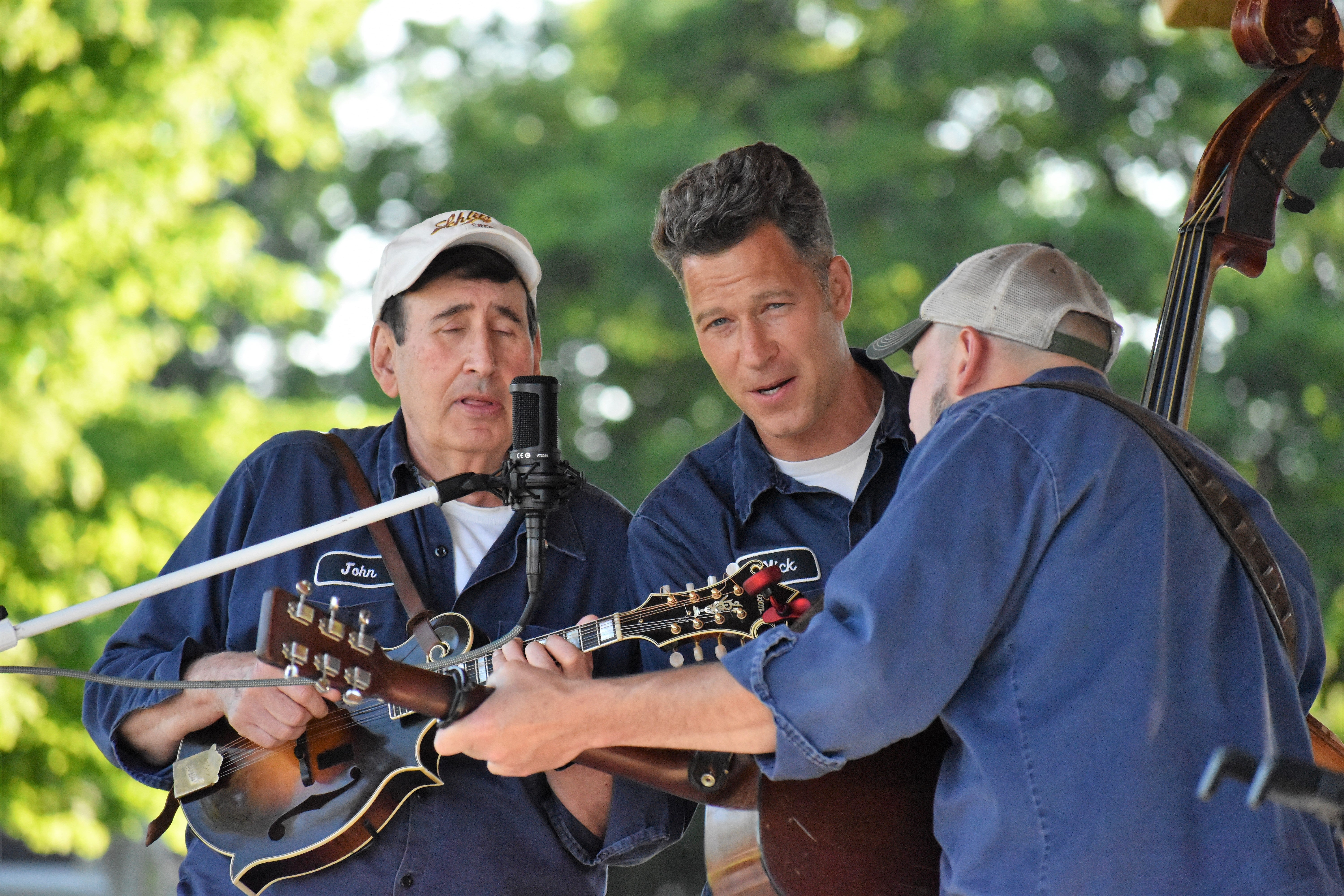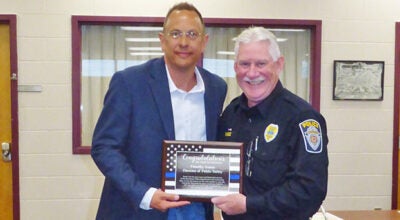Marchers take back the night April 8, 7 p.m.
Published 8:41 am Wednesday, April 7, 2010
By JOHN EBY
Dowagiac Daily News
As Domestic And Sexual Abuse Services (DASAS) of Three Rivers celebrates its 25th anniversary, its Take Back the Night march returns to downtown Dowagiac Thursday, April 8, at 7 p.m.
April is Sexual Assault Awareness Month to raise public awareness about sexual assault and rape and to educate the community on how to prevent sexual violence.
Mary Lynn Falbe, DASAS director since 2007, said on average a woman is raped every 1.3 minutes.
A member of her staff, Kate Bathon, works as a liaison with law enforcement, through which the agency receives referrals.
National statistics from the Bureau of Justice and the Centers for Disease Control and Prevention show that sexual assault affects men (“very quiet and immensely unreported”), women, and children of all ages, from all walks of life.
Sexual assault is the most rapidly growing crime in the United States, with more than 700,000 women reporting sexual assault each year.
Sexual assault or rape is the violent crime least often reported to law enforcement, with fewer than 50 percent of all cases reported, according to the U.S. Department of Justice.
DASAS’ Take Back the Night rally rotates between Dowagiac, Cassopolis and Edwardsburg.
This year’s emphasis is on teen violence and assault with the rise of “sexting” and technological devices such as cell phones becoming the new “tool of power and control.”
“It really is a problem and not something they have to put up with,” Falbe said Tuesday afternoon in a phone interview.
Falbe said sexual offenses tend to be underreported because their victims often aren’t believed, but made to feel “you brought it on yourself.”
“It shouldn’t make any difference what someone wore, drank or is quiet,” Falbe said. “No means no. Impaired sex is not consensual sex.”
Such agencies in April also promote awareness of Denim Day on the 21st.
In Italy in 1992, an 18-year-old girl was picked up by her married 45-year old driving instructor for her very first lesson.
He takes her to an isolated road, pulls her out of the car, wrestles her out of one leg of her jeans and forcefully rapes her.
Threatened with death if she tells anyone, he makes her drive the car home. Later that night she tells her parents, and they help and support her to press charges. The perpetrator gets arrested and is prosecuted. He is convicted of rape and sentenced to jail.
He appeals the sentence. The case makes it all the way to the Italian Supreme Court.
Within a matter of days the case against the driving instructor is overturned, dismissed and the perpetrator released.
In a statement by the chief judge, he argued, “Because the victim wore very, very tight jeans, she had to help him remove them, and by removing the jeans it was no longer rape but consensual sex.”
Enraged by the verdict, within a matter of hours women in the Italian Parliament launched into immediate action and protested by wearing jeans to work.
“Break the dress code, break the silence,” said Falbe, whose agency provides sexual assault services to Cass, Van Buren and St. Joseph counties. Domestic violence services in Van Buren are provided out of Paw Paw.
“We’ve lost some funding, like everyone else,” Falbe said, “and donations are down. It’s been a very tough 12 to 18 months, but we know the work is important.”
Take Back the Night is an international campaign to end sexual violence promoted on college campuses and by women’s centers, but in a rural area such as this one without a university larger than community colleges in Dowagiac and Centreville, DASAS concentrates more on keeping young people safe at home, in school and online.
“We want to empower everyone, women specifically,” Falbe said. “There is an ever-present anxiety for women walking home at night.”
Victims battle the “stigma” of being perceived as “asking for it or being promiscuous. In rural areas, there is a further emphasis on secrecy about social problems. If they know their abuser, they fear backlash because of lack of anonymity. DASAS will travel to the client” to provide services.
And “just because they don’t report it right away doesn’t mean it didn’t happen,” she said.






